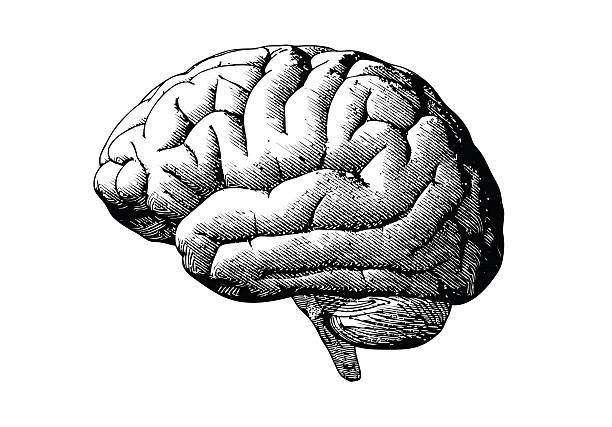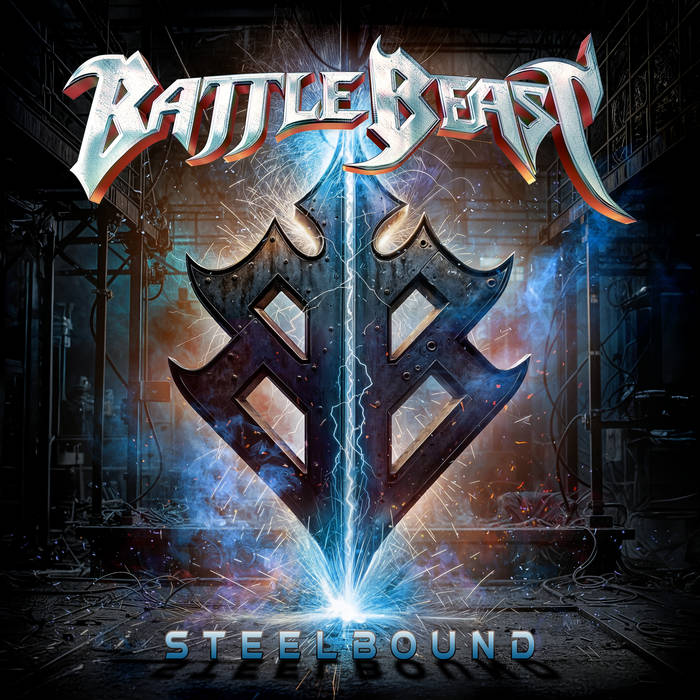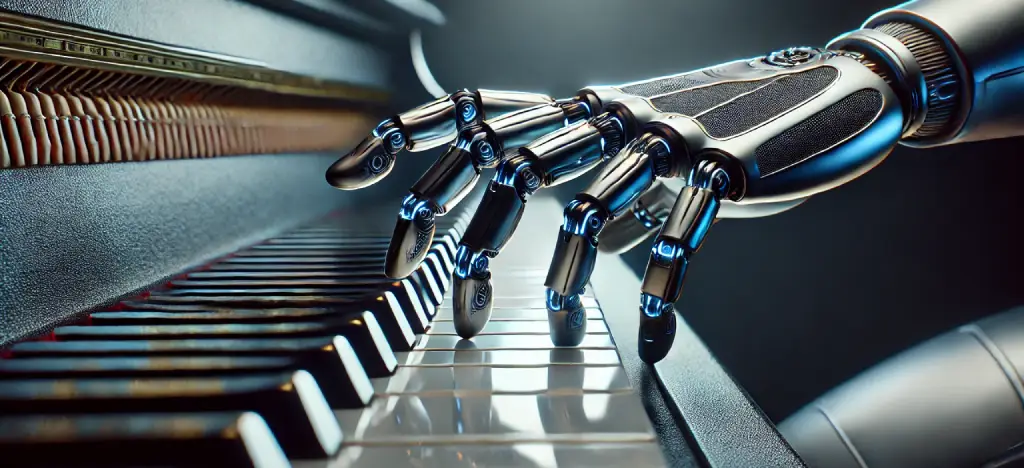It took a few runs to get this to open up, but once Cold Steel’s new full-length Discipline and Punish unraveled, there’s a lot here to like. It just needs to be viewed through the proper lens.
The Tampa-based thrashers (are they thrashers?) are trying to fuse a few different brands of metal into a single mix, and at first it sounds messy, but ultimately that may be the point. The album doesn’t take long to get there, either - album opener “No Escape” starts with a thunderous, Crowbar groove, and then moves into a second phase that is pure Pro-Pain, and then back again. The big thumping riff is devilishly simple in construction, but that’s what makes it so effective. We talk a lot here about the necessity of empty space in riffs, and this one leaves plenty of breathing room between thuds.
Then “Protocol” starts, and now we’ve moved into that modern thrash space that everyone has tried to emulate since Power Trip, with varying success (coincidence? Arthur Rizk produced this record, who also used to produce Power Trip.) Cold Steel does a pretty good job of following the blueprint for what thrash needs to sound like to be captivating in the 21st century (Dead Heat take notice.)
It’s only a little father down in “Blacksmith of Damnation” that we start to see different influences creep into the proceedings. The verses of this song are one thing, but it’s the first minute and the spaces in between where, if you listen right, you can hear a Fear Factory song (back when they were good,) trying to break out, just with a different production style.
The middle third of the album plods along without any particular comment. Cold Steel doesn’t deviate a lot from the boilerplate in that section, and it drags a little, much like the middle third of Lazarus A.D’s classic The Onslaught, but without the same level of pure talent on display to carry the songs.
Don’t lose heart, though - stick with it for the last three tracks. Beginning with “Fever Dreaming,” something magical happens, and for all the sound and fury of the album’s introductory third, it’s the ending flourish which makes it a special record.
“Fever Dreaming” is a…thrash…ballad? None of those descriptors feel like they should be in the same sentence together, but it works. The ragged vocals of Jose Menendez shouldn’t work in concert with the oversized, dramatic riffs and backing…keys, synth, chorus, whatever that is...but they do. There’s a depth here that’s charming and infectious in its own way.
This is all followed by the thrash-rap (not a typo) “Smoking Mirrors,” which may secretly be the album’s best song. It is, at worst, it’s most creative. If fans of Alien Weaponry squint hard enough, they may see some of the same seeds in the way this song is constructed relative to the Māori band. Again, should this work? Who knows? But it does, and it’s a lot of fun.
And we finish with “The Coldest Death,” which is back to form for the way most of the songs are written, but adds some end-of-album flourish with some of the lessons learned from “Fever Dreaming,” and a tingly guitar tone not entirely foreign to the sound of “Hallowed Be Thy Name,” a classic album closer.
If there is a fault of Discipline and Punish, it’s that 1) the title of the album is a little redundant, and 2) of all the influences and similarities in sound we’ve discussed above, the band isn’t quite as luminary at those same things as the names that were dropped. What’s in Cold Steel’s favor, though, is that they are 1) very young and 2) the fact that they’ve blended those elements already speaks to the accomplishment of both this album, and future endeavors.











.png/250px-Taylor_Swift_%E2%80%93_The_Life_of_a_Showgirl_(album_cover).png)

